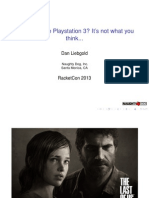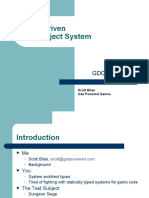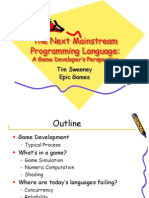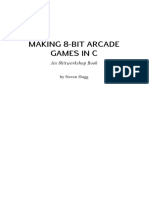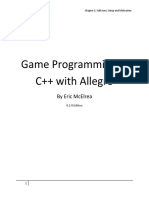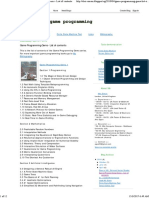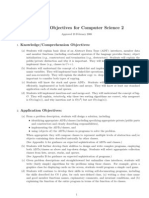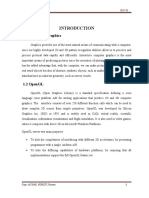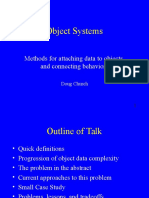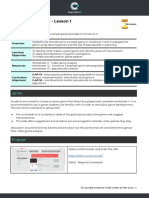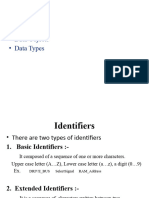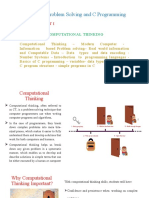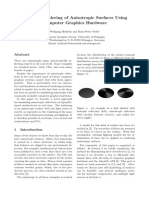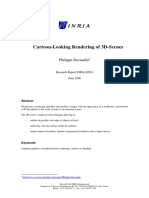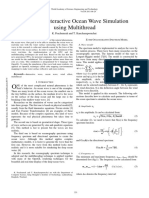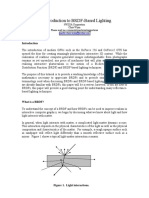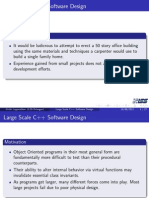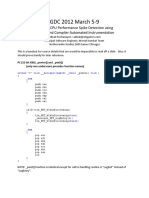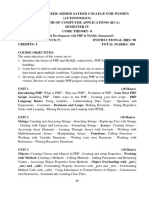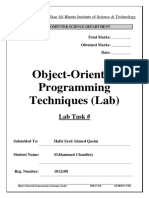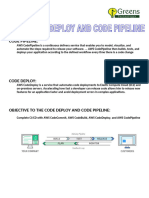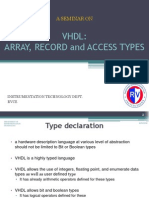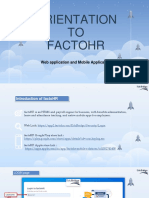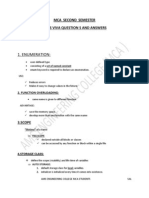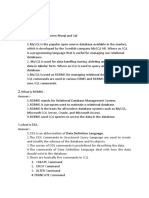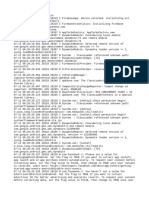0% found this document useful (0 votes)
67 views23 pagesAdventures in Data Compilation
This document discusses an in-house data compilation system called Data Compilation (DC) that was created by Naughty Dog for use in their video games. DC was built using Scheme/Lisp to handle data elements that fall between strictly code or data, like particle definitions and animations. It allows defining types like vectors and quaternions that get translated to C++ for use in the game engine. The talk will provide examples of defining types in DC and compiling them to C++.
Uploaded by
MarkCopyright
© © All Rights Reserved
We take content rights seriously. If you suspect this is your content, claim it here.
Available Formats
Download as PDF, TXT or read online on Scribd
0% found this document useful (0 votes)
67 views23 pagesAdventures in Data Compilation
This document discusses an in-house data compilation system called Data Compilation (DC) that was created by Naughty Dog for use in their video games. DC was built using Scheme/Lisp to handle data elements that fall between strictly code or data, like particle definitions and animations. It allows defining types like vectors and quaternions that get translated to C++ for use in the game engine. The talk will provide examples of defining types in DC and compiling them to C++.
Uploaded by
MarkCopyright
© © All Rights Reserved
We take content rights seriously. If you suspect this is your content, claim it here.
Available Formats
Download as PDF, TXT or read online on Scribd
/ 23
